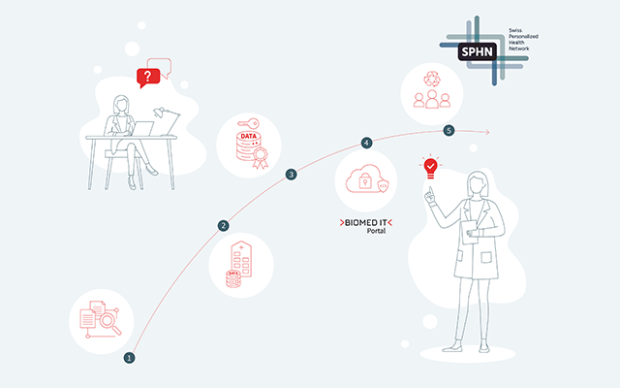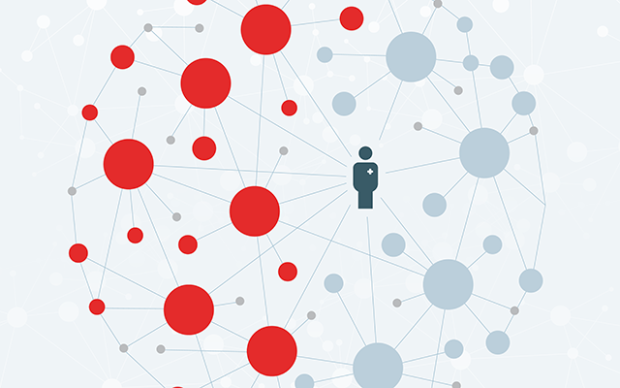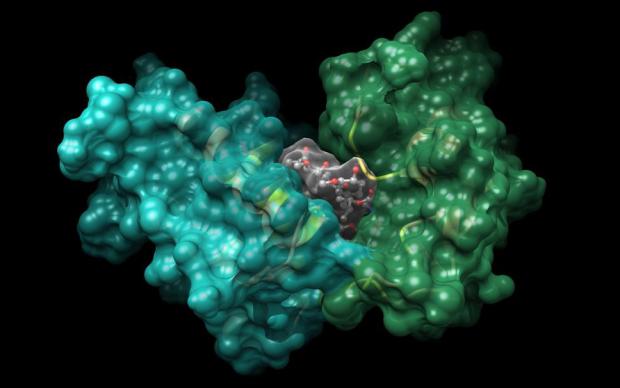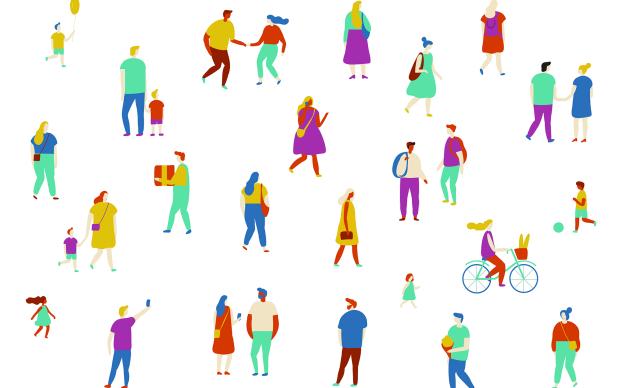While most of the human genome is the same across individuals, genomic mishaps such as deletions and duplications can reduce or increase the number of copies of specific genetic fragments. These mishaps are also known as copy-number variations or CNVs. A new study based on a large cohort of 500,000 healthy volunteers in the UK and led by the teams of SIB Group Leader Zoltán Kutalik and Alexandre Reymond from the University of Lausanne, reveals that such variations are much more common than previously thought across the population. The study also explored their influence on our physical traits and predisposition to diseases. The study is published today in the American Journal of Human Genetics.
What are copy-number variations or CNVs?
Each of our cells has two copies of our genome, one inherited from our mother and one from our father. In some people, genetic mutations cause a piece of the genome to be duplicated or deleted, as if a page in a book was split or deleted. When the number of copies of a genomic fragment is more or less than two, geneticists talk about copy-number variations or CNVs.
Investigating broad consequences in a healthy population
While CNVs (see box 1) are known to cause several rare and disabling genetic syndromes, less is known about how they modulate traits in healthy individuals. To investigate this, the teams of Alexandre Reymond, professor at the Faculty of Biology and Medicine and director of the Integrative Genomics Centre at UNIL, and Zoltán Kutalik, SIB Group Leader and associate professor in the Department of Computational Biology at UNIL and at Unisanté, in collaboration with researchers from the University of Tartu in Estonia, drew on data from the general British population (see box 2). The genetic information enabled the researchers to identify participants with CNVs. Once the variations had been located, the teams established whether they were associated with intellectual, physical or molecular characteristics of the individuals.
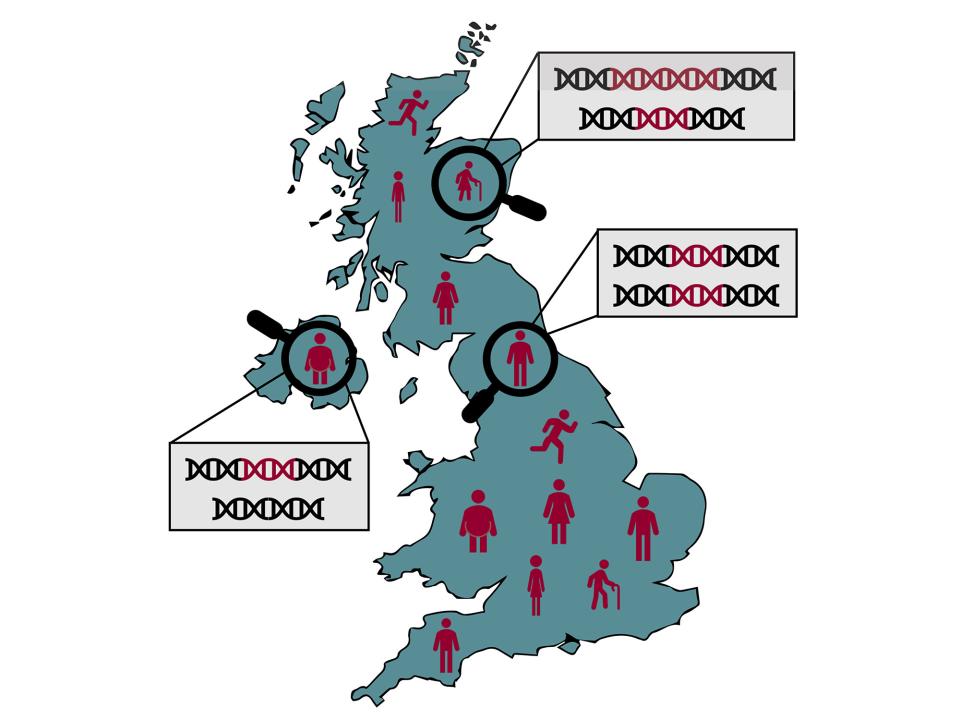
Participatory research
To conduct their study, the scientists used data from the UK Biobank, a cohort of 500,000 volunteers from the general British population. The volunteers anonymously shared their medical records, answered questionnaires about their habits and lifestyles, and gave a blood sample to enable a blood test to be carried out and their genome to be accessed. "Initiatives similar to that of the UK Biobank are multiplying throughout the world and represent an unprecedented source of information," says Zoltán Kutalik.
A negative impact of CNVs on health and longevity
A key finding is that large CNVs are more frequent than expected: 39% of the individuals analysed have at least one such variation. “This figure is quite impressive, given that the technology we use does not allow us to detect small CNVs. In reality, the number is probably much higher,” says Chiara Auwerx, an SIB doctoral student in Alexandre Reymond's and Zoltán Kutalik's groups and first author of the article. The scientists also found that people with a large number of CNVs in their genome had a lower birth weight and increased adiposity, were more likely to have damage to the liver and kidneys, as well as reduced physical and intellectual capacity and decreased life expectancy.
Importantly, the researchers found that the same CNV will not have the same impact on everyone. Alexandre Raymond says: "Several factors may explain this phenomenon, for example the presence of other genetic mutations, as well as environmental and cultural differences." He concludes that this question will be the subject of future research.
Reference(s)
Auwerx C et al. The individual and global impact of copy-number variants on complex human traits. The American Journal of Human Genetics, 2022.





